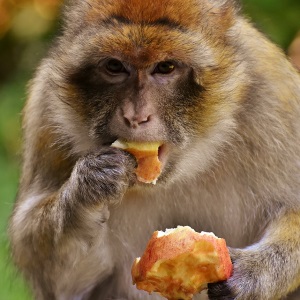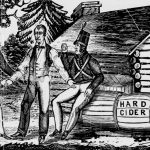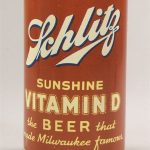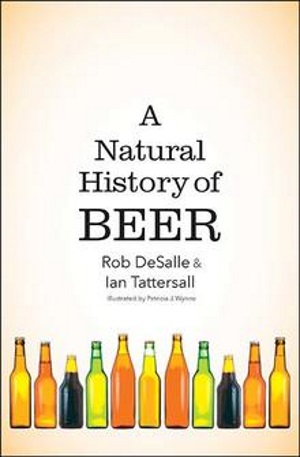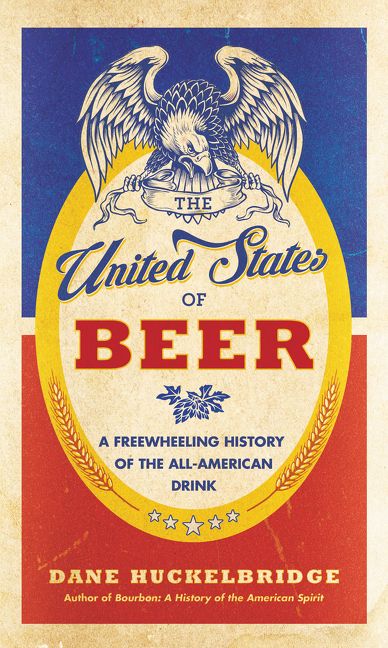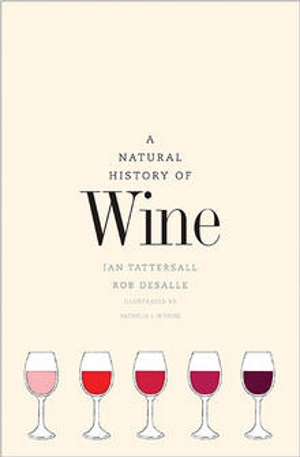A genetic mutation in mammals 10 million years ago greatly enhanced their ability to break down alcohol in the food they ate. That’s the finding of researcher Matthew Carrigan at Santa Fe College in Gainesville, Florida. That would have helped our ancestors make good use of the rotting, fermented fruit that fell onto forest floors.
The researchers studied the alcohol dehydrogenase or ADH4 family of enzymes in 28 mammals, including 17 primates, spanning nearly 70 million years of primate evolution. By inserting their genes for ADH4 into bacteria which then produced the enzymes, Carrigan and his colleagues could test how well the different enzymes broke down alcohol. The 10 million-year-old mutation made the enzyme 40 times more powerful.
“Just because they were adapted to be able to ingest it doesn’t mean ethanol was their first choice, nor that they were perfectly adapted to metabolize it,” Carrigan told Scientific American. But the mutation meant they could take advantage of another source of food without getting sick.
See: “Origins of Human Alcohol Consumption Revealed” by Charles Q. Choi on the Scientific American website (2014).
Also: “Drunk monkeys shed light on the evolution of boozing” by Faye Flam on the Stat website (2016)

